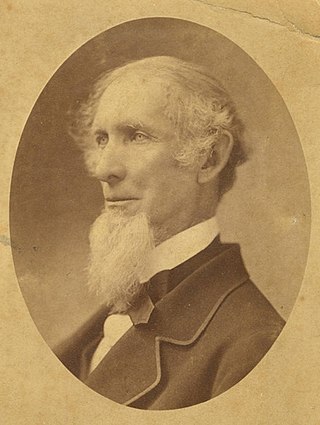Morphology, from the Greek and meaning "study of shape", may refer to:
Origin(s) or The Origin may refer to:
The Proto-Human language is the hypothetical direct genetic predecessor of all the world's spoken languages. It would not be ancestral to sign languages.
Possibility is the condition or fact of being possible. Latin origins of the word hint at ability.
Constructivism may refer to:

Portuguese creoles are creole languages which have Portuguese as their substantial lexifier. The most widely-spoken creoles influenced by Portuguese are Cape Verdean Creole, Guinea-Bissau Creole and Papiamento.
Polygenism is a theory of human origins which posits the view that the human races are of different origins (polygenesis). This view is opposite to the idea of monogenism, which posits a single origin of humanity. Modern scientific views no longer favor the polygenic model, with the monogenic "Out of Africa" hypothesis and its variants being the most widely accepted models for human origins. Historically, polygenism has been used to advance racial inequality.
Two languages have a genetic relationship, and belong to the same language family, if both are descended from a common ancestor, or one is descended from the other. The term and the process of language evolution are independent of, and not reliant on, the terminology, understanding, and theories related to genetics in the biological sense, so, to avoid confusion, some linguists prefer the term genealogical relationship.
George Robbins Gliddon was an English-born American Egyptologist.
Paleolinguistics is a term used by some linguists for the study of the distant human past by linguistic means. For most historical linguists there is no separate field of paleolinguistics. Those who use the term are generally advocates of hypotheses not generally accepted by mainstream historical linguists, a group colloquially referred to as "long-rangers".

Josiah Clark Nott was an American surgeon and anthropologist. He is known for his studies into the etiology of yellow fever and malaria, including the theory that they originate from germs.
In the field of linguistics, polygenesis is the view that human languages evolved as several lineages independent of one another. It is contrasted with monogenesis, which is the view that human languages all go back to a single common ancestor.
Monogenism or sometimes monogenesis is the theory of human origins which posits a common descent for all human races. The negation of monogenism is polygenism. This issue was hotly debated in the Western world in the nineteenth century, as the assumptions of scientific racism came under scrutiny both from religious groups and in the light of developments in the life sciences and human science. It was integral to the early conceptions of ethnology.
Human origins may refer to::
Bow wow is onomatopoeia for a dog's bark.
Circumscription may refer to:
Hybrid-origin may refer to:
The discovery of human antiquity was a major achievement of science in the middle of the 19th century, and the foundation of scientific paleoanthropology. The antiquity of man, human antiquity, or in simpler language the age of the human race, are names given to the series of scientific debates it involved, which with modifications continue in the 21st century. These debates have clarified and given scientific evidence, from a number of disciplines, towards solving the basic question of dating the first human being.
Monogenetic may refer to:
This page is based on this
Wikipedia article Text is available under the
CC BY-SA 4.0 license; additional terms may apply.
Images, videos and audio are available under their respective licenses.

